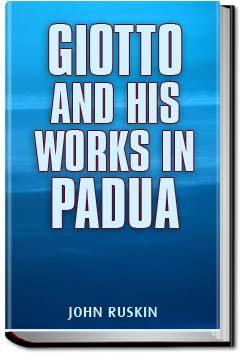UNLIMITED Audiobooks and eBooks
Over 40,000 books & works on all major devices
Get ALL YOU CAN for FREE for 30 days!
Giotto and his works in Padua
John Ruskin
How does All You Can Books work?
All You Can Books gives you UNLIMITED access to over 40,000 Audiobooks, eBooks, and Foreign Language courses. Download as many audiobooks, ebooks, language audio courses, and language e-workbooks as you want during the FREE trial and it's all yours to keep even if you cancel during the FREE trial. The service works on any major device including computers, smartphones, music players, e-readers, and tablets. You can try the service for FREE for 30 days then it's just $19.99 per month after that. So for the price everyone else charges for just 1 book, we offer you UNLIMITED audio books, e-books and language courses to download and enjoy as you please. No restrictions.
One point more remains to be noticed respecting him. As far as I am aware, he never painted profane subjects. All his important existing works are exclusively devoted to the illustration of Christianity. This was not a result of his own peculiar feeling or determination; it was a necessity of the period. Giotto appears to have considered himself simply as a workman, at the command of any employer, for any kind of work, however humble. &q. . . Read More
Try now for FREE!

"Love your service - thanks so much for what you do!"
- Customer Cathryn Mazer
"I did not realize that you would have so many audio books I would enjoy"
- Customer Sharon Morrison
"For all my fellow Audio Book & E-Book regulars:
This is about as close to nirvana as I have found!"
- Twitter post from @bobbyekat



Community Reviews
For Proust geeks or art freaks, this classic text from the erudite John Ruskin talks of the magnificent frescos left in the Scrovegni Chapel in Padua by the 13th C master, Giotto. Proust spent lots of pages fauning over these frescos which he discovered on his trip to the Veneto and in particular th